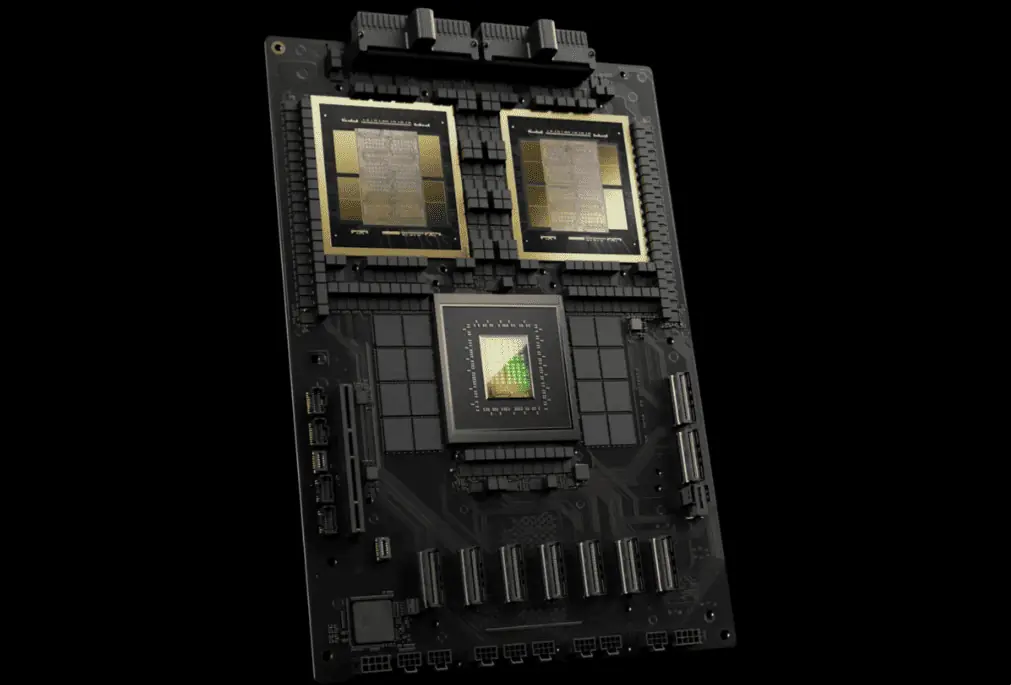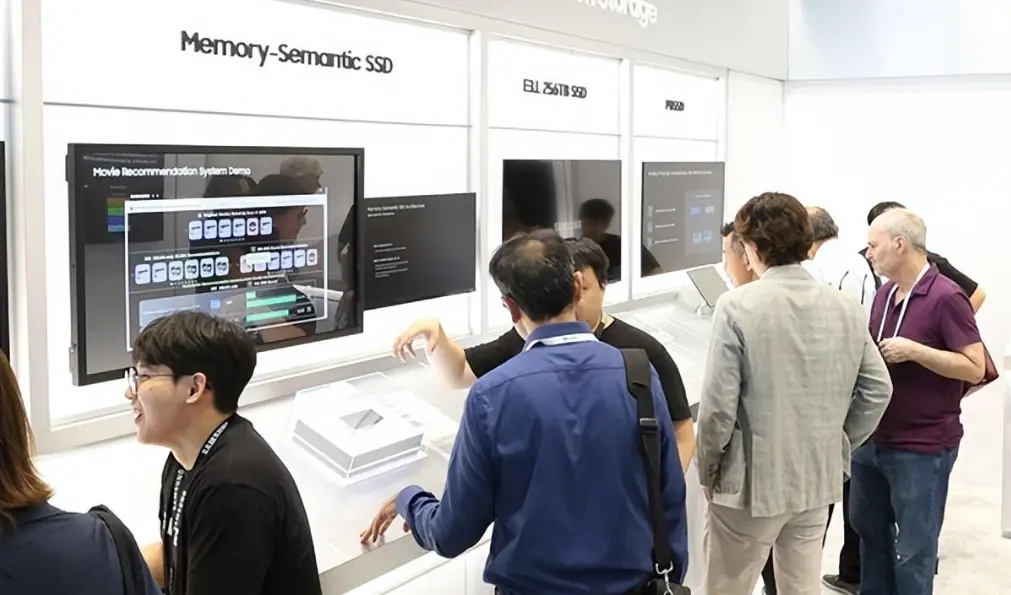Samsung, a global leader in technology, recently announced that they are in the process of developing a new storage solution that promises to revolutionize the industry. This new solution, known as Petabyte Solid-State Drive or PBSSD, will have a remarkable capacity of approximately 1 petabyte (PB), which is equivalent to a staggering 1000 terabytes (TB).

The specifics of how Samsung will achieve this feat remain undisclosed. However, the technology giant has hinted that it plans to utilize its proprietary Flexible Data Placement (FDP) technology to reach this milestone. Notably, FDP technology has been globally recognized and adopted as an NVMe technical standard, vouching for its reliability and effectiveness.

The integration of FDP technology into the PBSSD will significantly enhance data storage capabilities. This in turn will lead to an improvement in both performance and predictability, thus better meeting the increasingly demanding massive workload requirements. This is particularly pertinent in the context of advanced AI GPU computing, where data storage and processing requirements are exceptionally high.
Samsung’s announcement came at the NVIDIA GTC conference, a prominent event in the tech world. Interestingly, this is where NVIDIA, another tech giant, just released its new generation of high-performance GPUs, namely the B100/B200, and the Superchip GB200.

As of now, Samsung’s maximum SSD capacity stands at 256TB. This was demonstrated at a flash memory summit that took place last August. The showcased SSD utilized QLC flash memory chips and boasted a power consumption that was only one-seventh of what eight 32TB SSDs combined would consume.
Looking ahead, it remains unclear what type of flash memory Samsung will employ for their ambitious 1000TB SSD. Whether they will continue to leverage the proven QLC technology or shift to the next generation of flash memory, which could be the possibly less reliable PLC, is yet to be seen.


Disclaimer: This article is created by the original author. The content of the article represents their personal opinions. Our reposting is for sharing and discussion purposes only and does not imply our endorsement or agreement. If you have any objections, please contact us through the provided channels.








